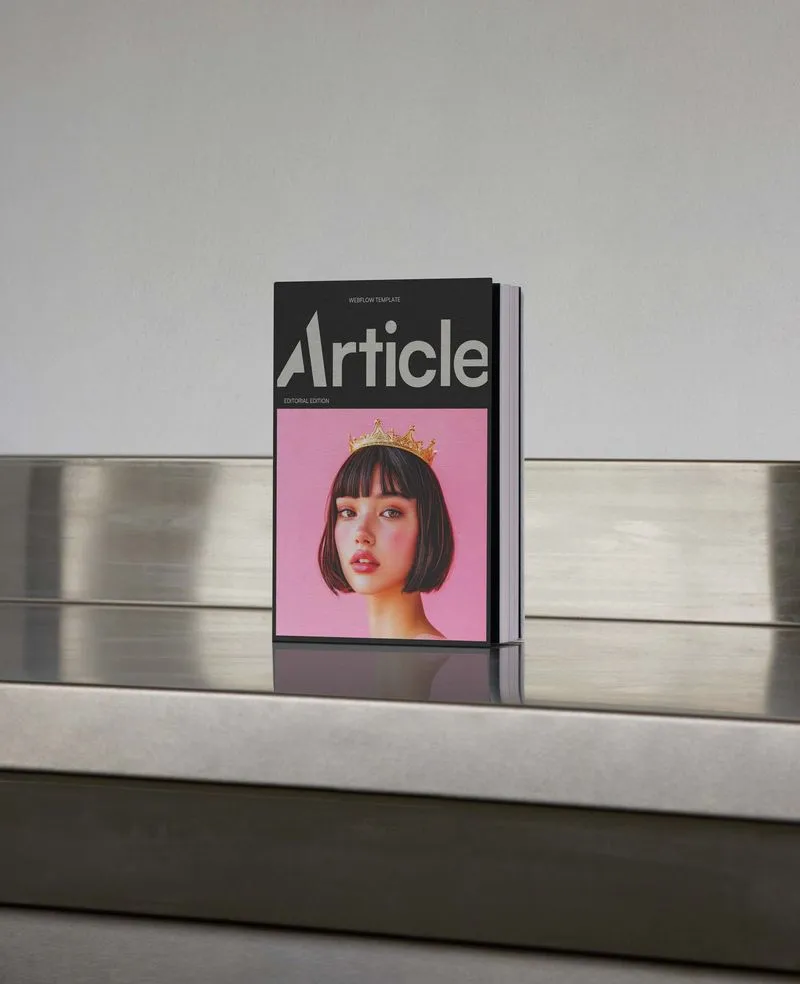The Truth About Influencer Marketing: Does It Actually Sell Tickets?
Influencer marketing is everywhere. You see DJs, party hosts, and content creators promoting events across Instagram, TikTok, and Twitter. But here’s the big question: does influencer marketing actually move tickets, or is it just a vanity play?
We spoke to top event organizers on Posh who have tested influencer marketing firsthand. Some swear by it, while others say it’s a money pit. Here’s what we uncovered about when influencer marketing works, when it flops, and how to use it the right way to drive real ticket sales.
Influencer Marketing Isn’t a Magic Bullet
Many organizers assume that booking an influencer with 100K+ followers will instantly fill their venue. The reality? Followers don’t always translate to ticket buyers.
Alex Fox, founder of Fox Collective, learned this the hard way.
“We paid an influencer $500 to promote our event. They had insane engagement—thousands of likes and comments. But when we tracked ticket sales, only two came from their link.”
So why does this happen? Because audience size ≠ audience influence. Most influencers have a broad following, but not all of those followers are active event-goers. The key isn’t how many followers they have—it’s how engaged and local their audience is.
When Influencer Marketing Actually Works
After analyzing successful influencer partnerships, we found three common traits among the organizers who actually drove sales:
✅ They worked with micro-influencers (5K-50K followers). Micro-influencers often have higher engagement and stronger trust with their audience. If they promote an event, their followers actually show up.
✅ They partnered with DJs and nightlife creators. DJs, event photographers, and nightlife personalities have an audience that is already event-driven—meaning their followers are more likely to buy tickets.
✅ They gave influencers skin in the game. Instead of a flat fee, successful organizers gave influencers commission-based ticketing links. That way, influencers were motivated to push sales harder.
Example: Souled Out Dates, a rapidly growing event brand in D.C., saw huge success by working with local DJs and micro-creators instead of big-name influencers. By giving them a cut of the ticket sales, the influencers became invested in the event’s success.
🔥 How Posh Helps: Onboard your micro-influencers onto Kickback so that you can track the tickets they sell, what they’ve made from all sales, and to avoid having to pay them out after the event.
The Best Way to Use Influencers to Sell Tickets
If you’re going to invest in influencer marketing, do it strategically. Here’s the framework top organizers use:
1️⃣ Pick influencers who already attend events like yours. Look at their past content. If they post about nightlife and parties, their audience is more likely to convert.
2️⃣ Use micro-influencers (5K-50K followers) over big names. A smaller, engaged audience beats a big, disconnected one.
3️⃣ Use unique tracking links for influencers. Always track results. Use a unique ticket link or Posh Kickback feature for each influencer to see who actually drives sales.
4️⃣ Give them commission, not a flat fee. If an influencer earns a % of ticket sales, they’ll promote harder.
5️⃣ Leverage influencer takeovers. Let influencers do IG Lives or TikTok event previews to build hype before the event.
Bottom Line: Influencers Can Sell Tickets—If You Pick the Right Ones
Influencer marketing isn’t about follower count—it’s about influence.
When done right, micro-influencers, DJs, and nightlife creators can drive real sales. When done wrong, you’re just paying for clout with zero ROI.
So before you send that $1,000 to a big-name influencer, ask yourself: Is their audience actually going to show up? If the answer is no, put that money into better marketing strategies—like direct promoter incentives, referral programs, or hyper-targeted paid ads.

Join Our Newsletter
Get a weekly selection of curated articles from our editorial team.


